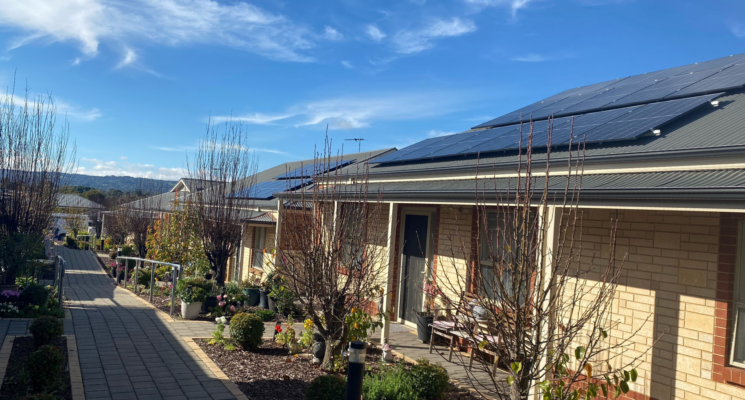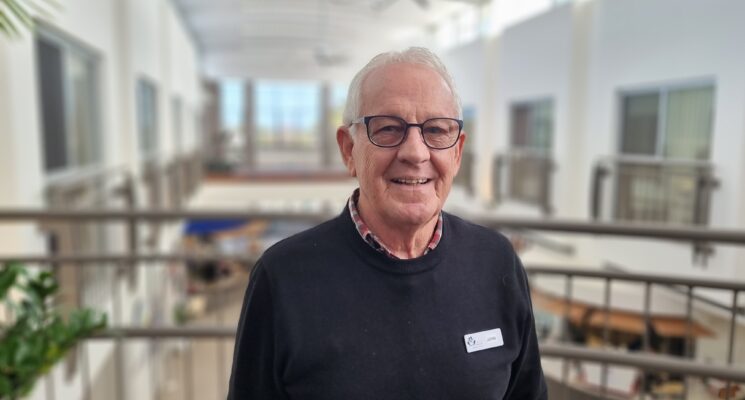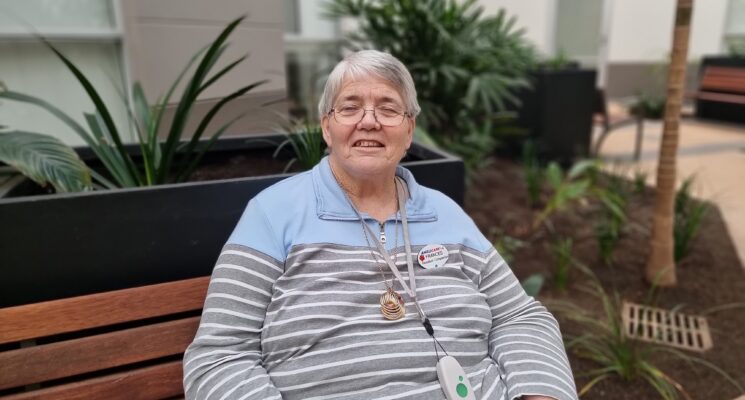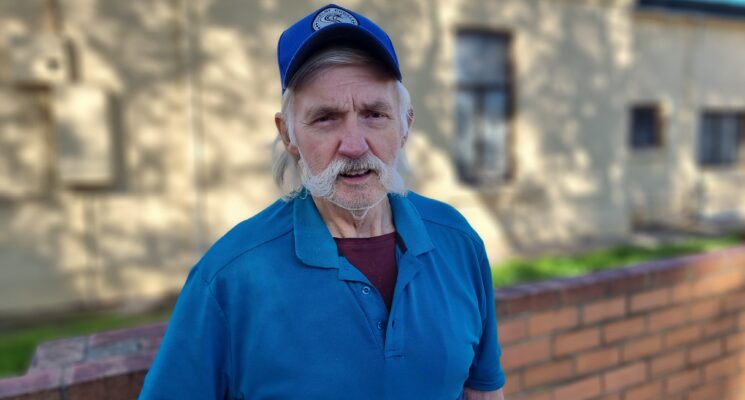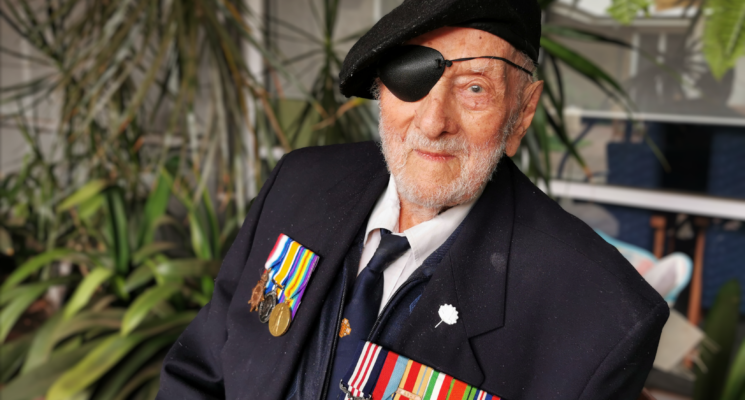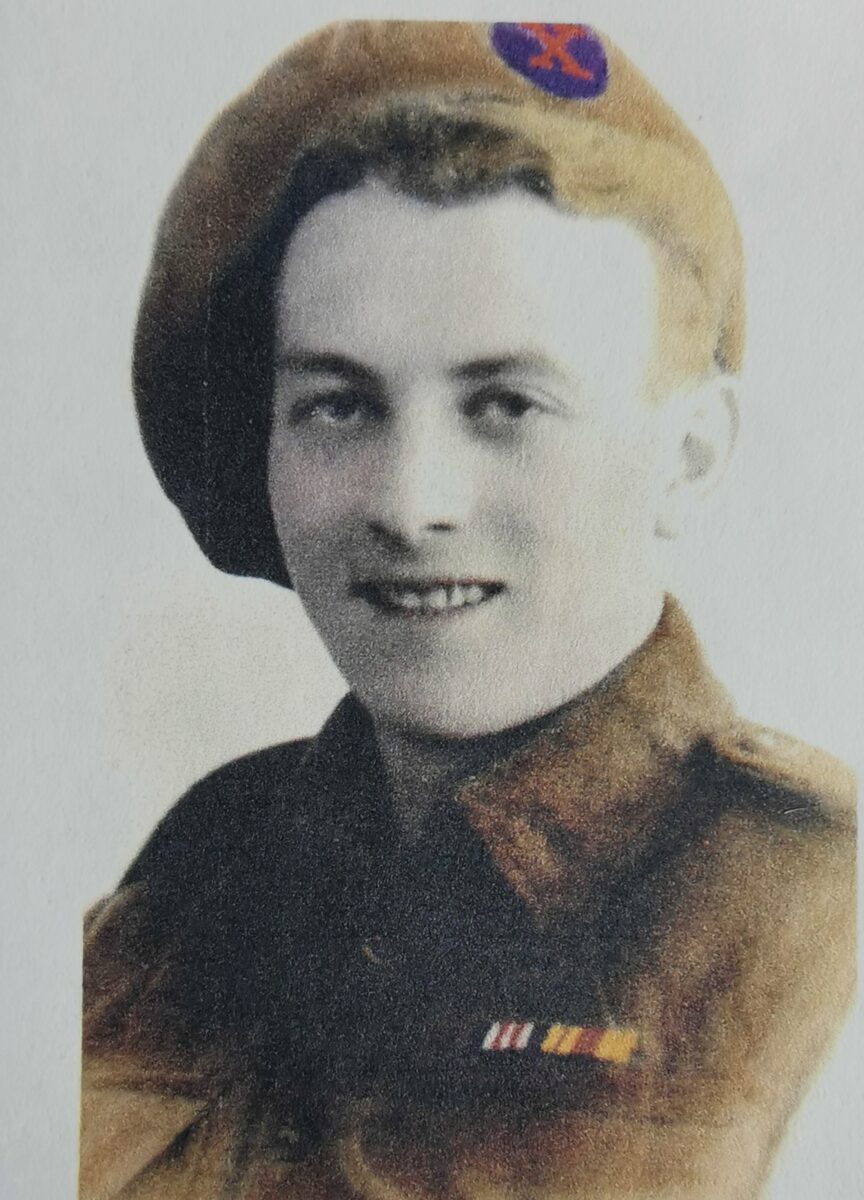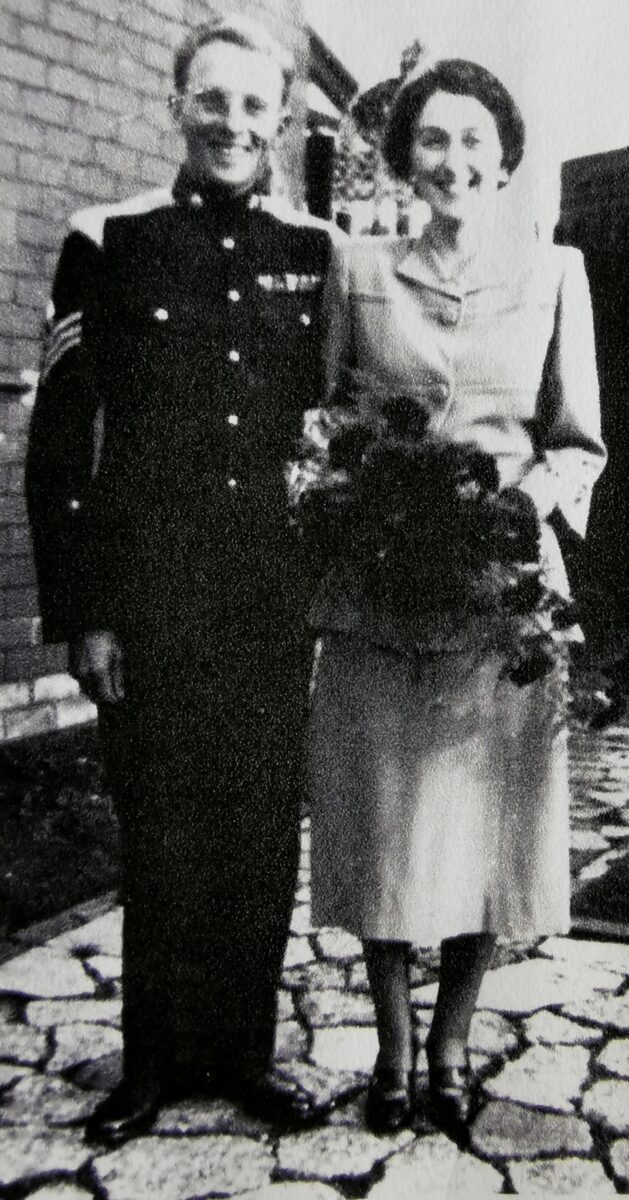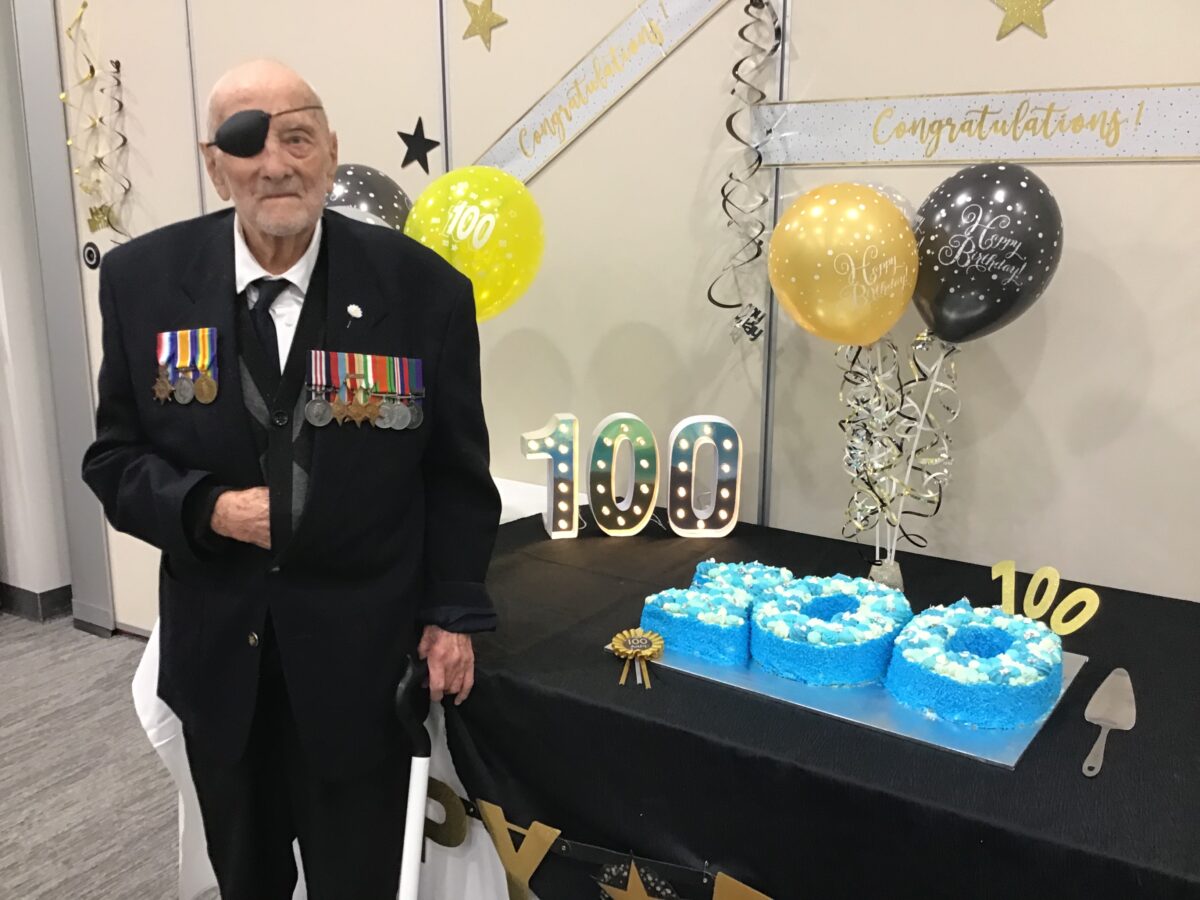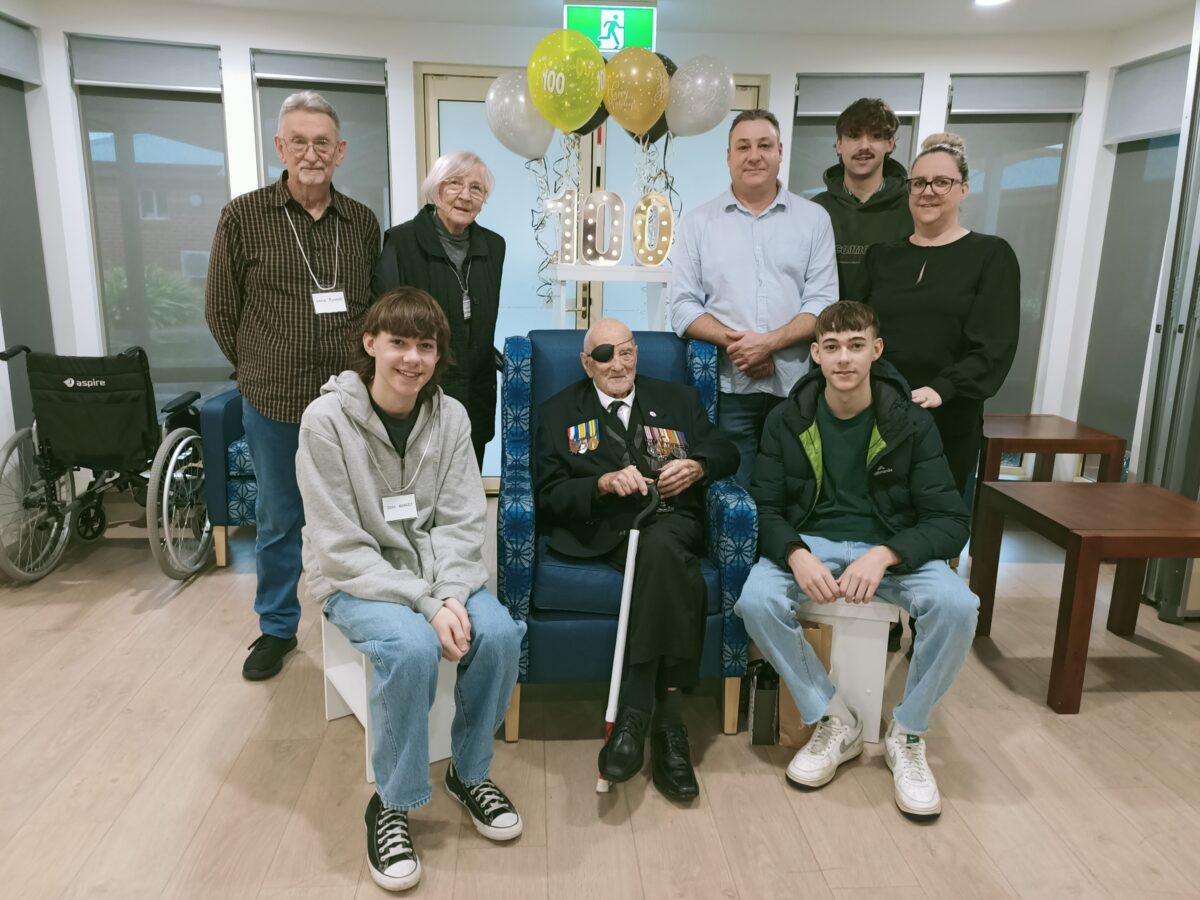When a stroke on the first day of February this year threatened to rob Garry of his independence and mobility, he knew the success of his recovery was in his hands.
Garry chose to fully commit to his rehabilitation program, smashing the goals set as part of AnglicareSA’s Transition Care Program (TCP).
Now Garry is back on his feet and regaining his freedom.
“When I had the stroke, it was devastating,” Garry says of the medical emergency that landed him in the Royal Adelaide Hospital.
“When I first went to emergency I could still walk and use my arms. They admitted me to the RAH and the doctor asked me to show them how I could walk, I got up and the next moment I did a somersault into the corner of the room.
“My left leg and left arm were paralysed – the stroke was still happening.”
With the left side of his face drooping, unable to speak, and difficulty swallowing– Garry needed immediate treatment to break down the clot in his brain.
This treatment was followed the next vital stage of his recovery – rehabilitation.
He knew the harder he worked at rehabilitation, the greater the chance of regaining his independence.
“When I first got to Hampstead (Rehabilitation Centre), they said it was up to me – either I could let it beat me or I could get stuck into my physiotherapy and occupational therapy.
“So, I went ballistic with my rehab and left there in record time.”
“Your body is remarkable. It finds new pathways to send those signals to get your hand and leg working again, all those functions.“
Once back at home, Garry was referred by his medical team into AnglicareSA’s Transition Care Program, a 12-week in-home restorative care program delivered at a slower pace than rehabilitation in a hospital and based on goals set by the customer.
AnglicareSA staff interpret those goals into therapy with physical and other supports like physiotherapy, occupational therapy, nursing, and care workers to help customers with exercises and recovery in the home.
“Your body is remarkable,” Garry says reflecting on the recovery he has already made and continues to make. “It finds new pathways to send those signals to get your hand and leg working again, all those functions.
“I had physiotherapy and occupational therapy with the whole program structured around balance and mobility.
“I reached all my goals, and while I don’t quite have the same strength it is improving, and I have function of my hand, arm, and leg.”
Garry is full of praise for the Transition Care Program and his therapists Alice (occupational therapy) and Kate (physiotherapy), as well as allied health assistant Chelsea, crediting TCP, and the fact it is delivered in his home, for enabling him to be in the position he is today.
“I had someone here every couple of days and it’s such a great package. They also came and did some cleaning for me and provided more intensive supports when I first came home – even shopping.
“My coordinator Hannah should get a gold star,” Garry beams. “She was fantastic, she kept in contact with me and kept me up to date on the day-to-day stuff. She made me aware of everything that was happening and checked on my progress.
“I tell you, if I had a business today, I’d employ her and make her the manager.”
After such a strong recovery, Garry, who is a plumber by trade, is now working toward his next goal – regaining his driver’s license and getting back to being fully independent.
“When you have a stroke, they suspend your license, which is fair enough,” he adds with a grin. “But my license is my independence and I want to be completely mobile again and get back to doing the small handyman jobs so I can supplement my pension.”
